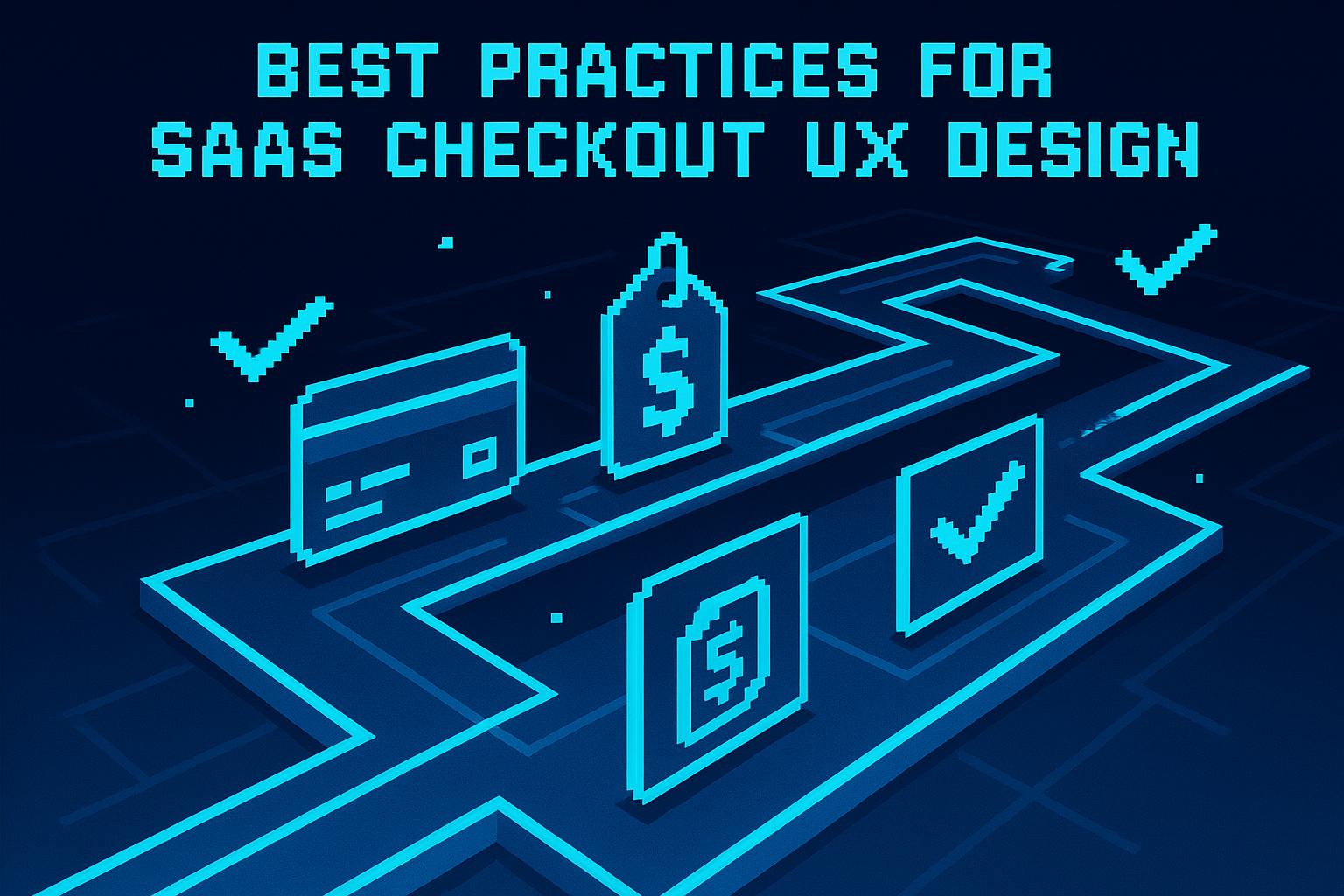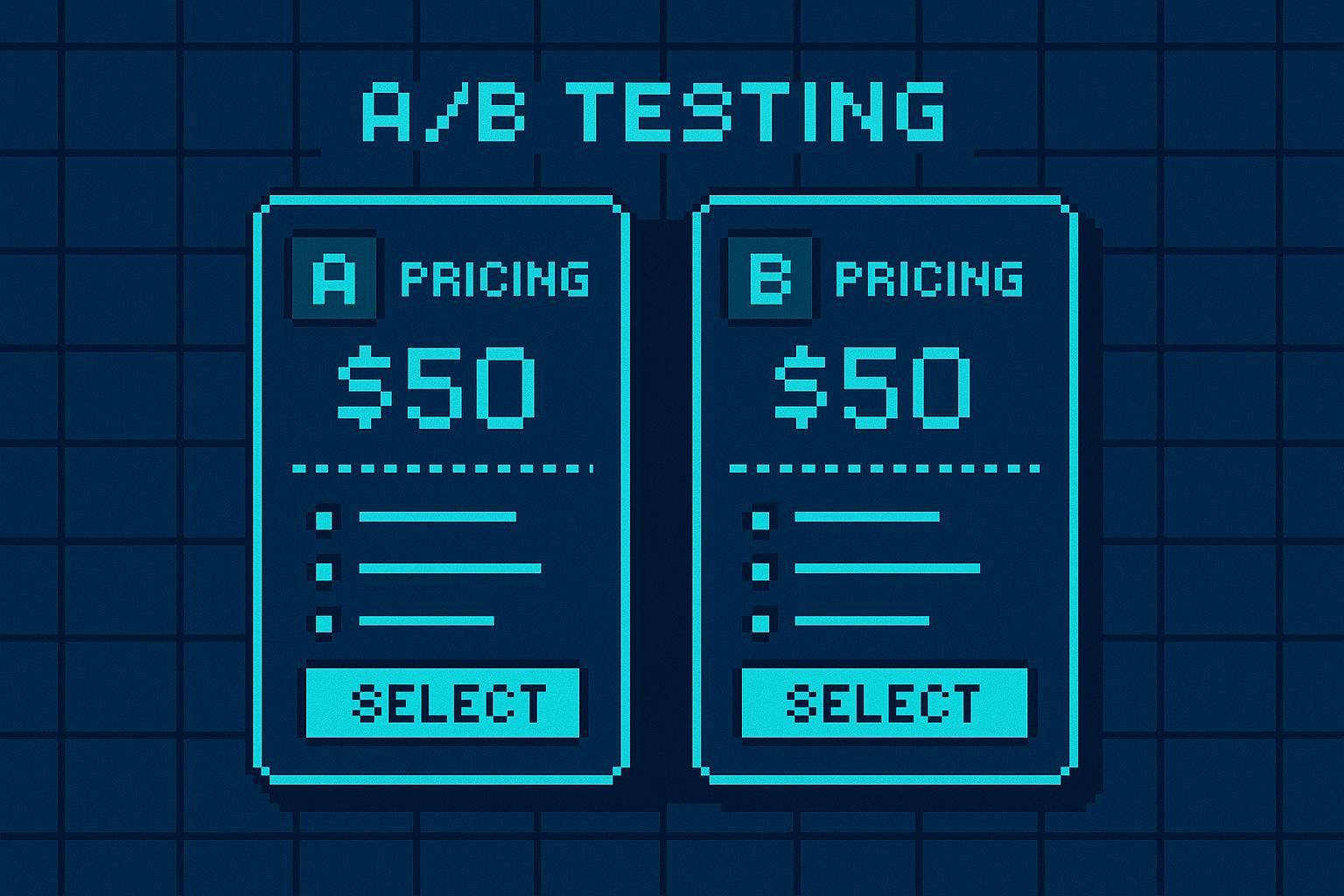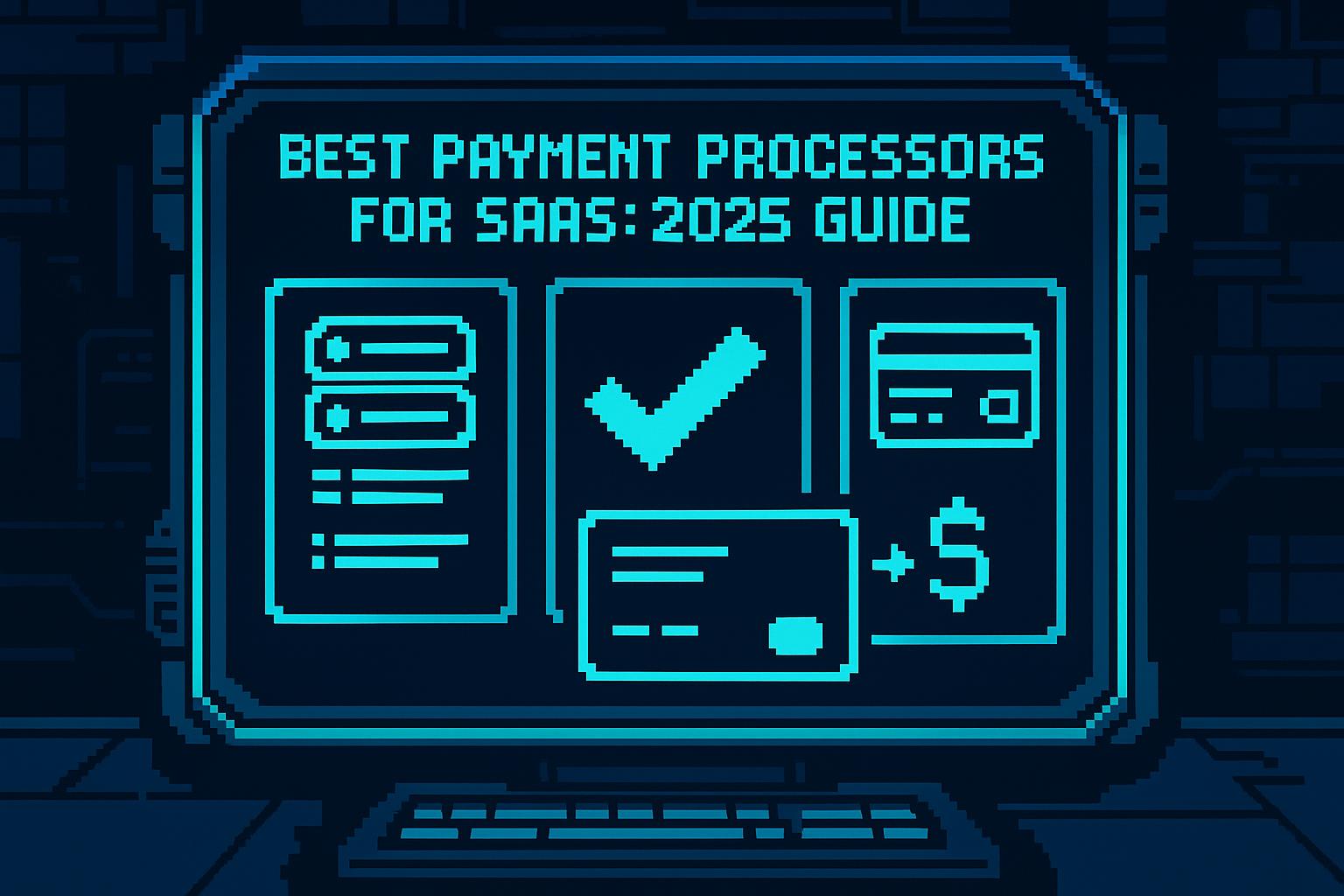Choosing the right multi-currency payment gateway is critical for SaaS businesses expanding globally. Here's the bottom line: the gateway you select impacts your ability to handle different currencies, manage fees, and comply with international regulations. Key factors to consider include exchange rates, transaction fees, integration, and compliance.
- Exchange Rates: Look for gateways with transparent and competitive rates. High conversion fees can eat into profits.
- Fees: Providers charge varying fees for international transactions, often ranging from 2.9% to over 5%.
- Integration: Ensure seamless compatibility with your subscription and billing systems, including support for recurring payments.
- Compliance: Choose providers that handle regulations like PCI DSS and GDPR to reduce legal risks.
Key Players:
- Stripe: Developer-focused with flexible APIs. Charges 1% for currency conversion plus a 1.5% fee for international cards.
- PayPal: Globally trusted but has higher fees (3–4% conversion fee) and potential account holds.
- Worldpay: Enterprise-level features, supports many currencies, but can be complex for smaller businesses.
- Airwallex: Competitive rates, emerging player with fewer integrations.
- Elavon: Offers over 100 currencies but has higher monthly fees and a regional focus.
Quick Comparison
| Provider | Exchange Rates | Fees | Integration Options | Compliance Features |
|---|---|---|---|---|
| Stripe | Mid-market + 1% | 1% conversion + 1.5% international card fee | APIs, hosted pages, plugins | PCI DSS, fraud detection |
| PayPal | Mid-market + markup | 3–4% conversion fee | Easy setup, limited customization | PCI DSS, global compliance |
| Worldpay | Market-aligned | Tiered pricing, negotiable | APIs, hosted pages, retry logic | PCI DSS, advanced fraud systems |
| Airwallex | Real-time updates | Volume-based, interchange-plus | APIs, plugins, hosted checkout | PCI DSS, machine learning fraud |
| Elavon | Consistent rates | 0.99%–2.9% per transaction | WooCommerce plugin, MCC/DCC | PCI DSS, tokenization |
Bottom Line: Smaller businesses may prefer Stripe or PayPal for ease of use, while larger enterprises might benefit from Worldpay or Elavon's infrastructure. Airwallex is ideal for cost-conscious startups. Match the provider's strengths to your business needs for global success.
5 Best International Payment Gateways for Your Website
1. Stripe
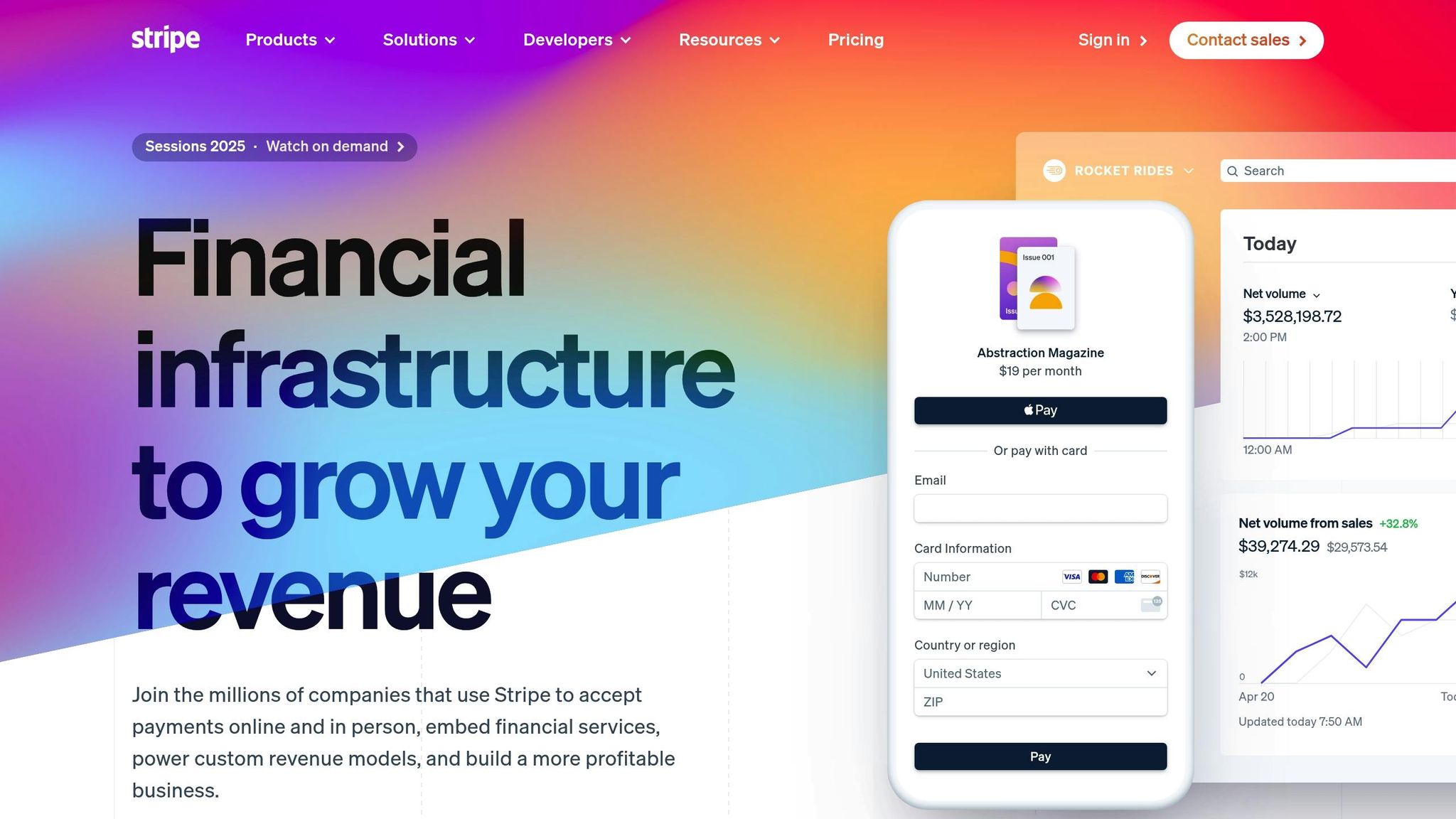
Stripe has become a go-to option for SaaS companies looking to handle multi-currency transactions with ease.
Exchange Rates
Stripe relies on the mid-market rate provided by third-party sources to calculate exchange rates. In cases where government-mandated rates apply or when there are large discrepancies between providers, Stripe uses its own source rate to reduce exchange rate risks. Being aware of how these rates are determined is essential for understanding their impact on your costs.
Fees and Pricing Models
Stripe’s fee structure is tailored to help businesses manage international transaction costs. For foreign transactions, Stripe charges a 1% conversion fee, and for payments made with international cards, there’s an additional 1.5% surcharge. These fees are factored into the overall processing costs but can also be broken down for detailed tracking. For businesses handling a high volume of international payments, Stripe offers the option to set up multiple accounts tied to different subsidiaries. By linking each account to settlement accounts in the respective currencies, companies can avoid currency conversion fees altogether.
2. PayPal
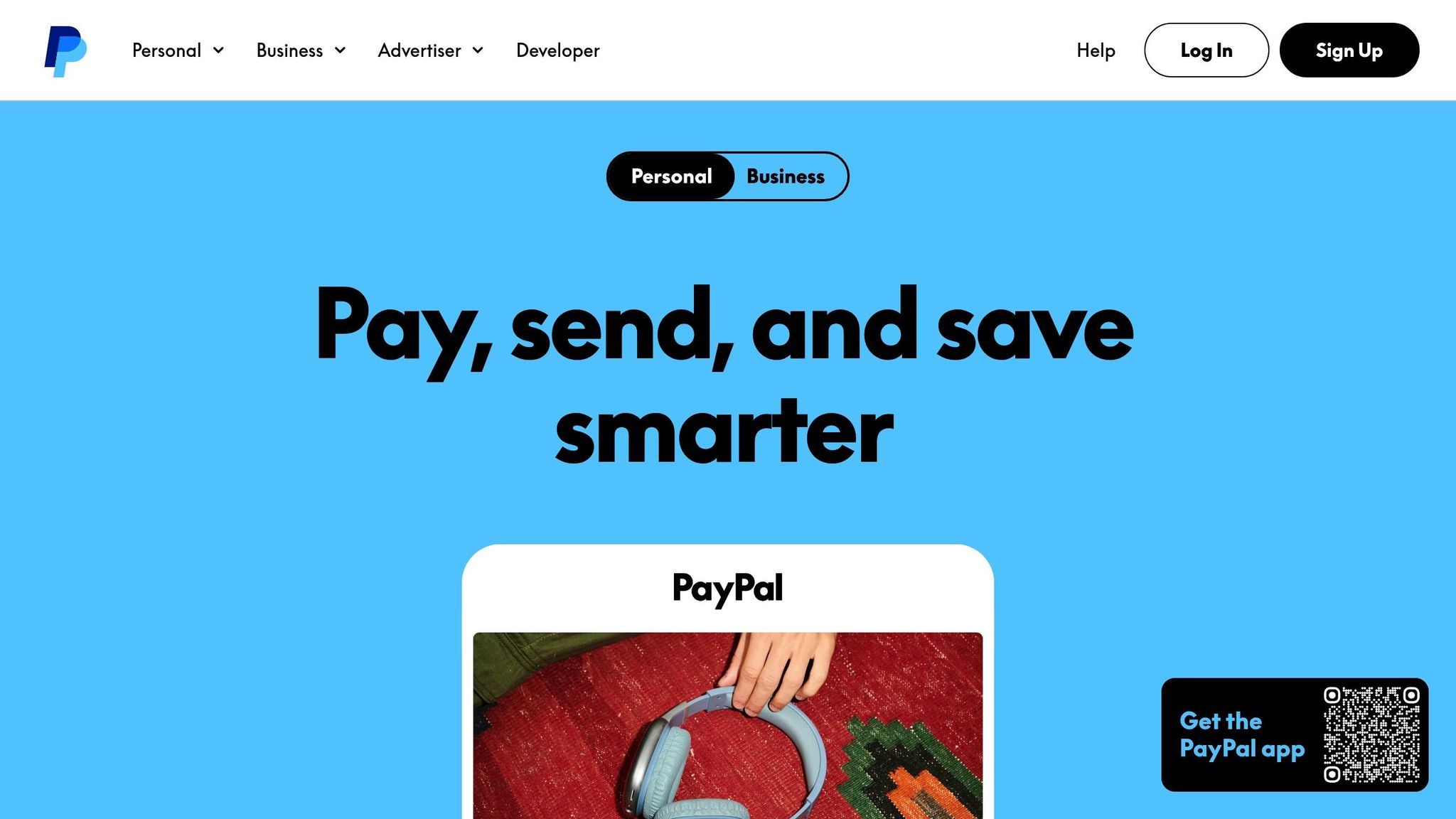
PayPal provides a dependable solution for handling multi-currency transactions in SaaS international payments.
Exchange Rates
PayPal updates its exchange rates twice daily, basing them on bank wholesale quotes and adding a fixed fee. This ensures that payments are automatically converted when the buyer and seller use different currencies. However, the conversion rates include an extra percentage above the market exchange rate to account for PayPal's service fees. These fees, combined with the exchange process, contribute to the overall cost of international transactions.
Fees and Pricing Models
PayPal applies a 3–4% conversion fee on top of the mid-market rate. For international transfers, an additional fee is charged (for example, $4.99 USD on a $1,000 transfer). If you withdraw funds in a different currency, the same conversion fee applies.
3. Worldpay
Worldpay is designed to cater to the needs of SaaS businesses, offering solutions like multi-currency support, transparent exchange rates, and secure recurring billing. These features make it a strong choice for enterprises managing international operations.
Supported Currencies
Worldpay supports a broad selection of currencies. It automatically detects a customer's location to display prices in their local currency, which helps reduce confusion and cart abandonment. Merchants can also settle transactions in their preferred currency, simplifying financial management.
Exchange Rates
Worldpay applies exchange rates that align with current market conditions, updating them regularly. Before a purchase is completed, customers can view the exchange rate being applied. Additionally, Worldpay separates its currency conversion charges from processing fees, offering merchants better insight into their transaction costs.
Fees and Pricing Models
Worldpay uses a tiered pricing structure based on transaction volumes. It applies a foreign exchange margin that’s distinct from processing fees. The platform also offers a dynamic currency conversion (DCC) service, which not only clarifies conversion costs but can also generate extra revenue. Larger merchants often negotiate tailored pricing plans, which may include transparent separation of card network fees from Worldpay’s markup.
Integration Options
Worldpay provides flexible integration methods to suit different needs. These include detailed API documentation, hosted payment pages, server-to-server setups, and pre-built e-commerce plugins. For SaaS companies, it supports recurring billing with automated retry logic for failed payments, ensuring smoother subscription management. Its RESTful APIs allow real-time currency conversion, payment processing, and settlement reporting.
Security and Compliance
Worldpay complies with PCI DSS Level 1 standards and includes advanced fraud detection systems and 3D Secure 2.0 authentication. Its tokenization services not only enhance security but also simplify PCI compliance, making recurring payments seamless. These capabilities highlight Worldpay’s focus on delivering a secure and efficient multi-currency payment solution for enterprise SaaS businesses.
sbb-itb-a989baf
4. Airwallex
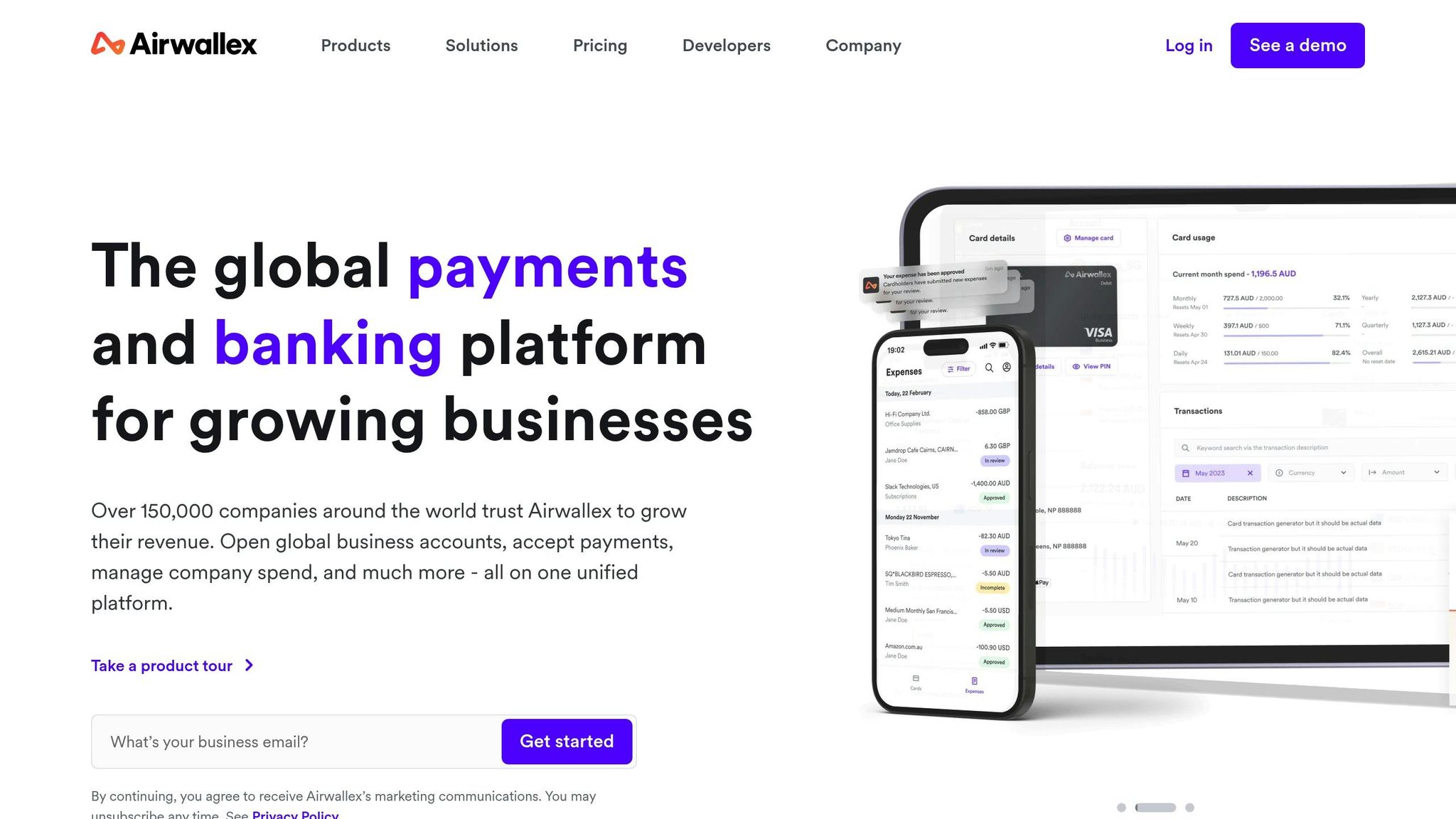
Airwallex tackles the complexities of international SaaS payments by prioritizing simplicity, speed, and security. This platform combines payment processing with business banking tools to make cross-border transactions smoother.
Supported Currencies
Airwallex supports a wide variety of currencies, including USD, EUR, GBP, JPY, and several from emerging markets. It automatically detects a customer’s location, enabling local payment acceptance while settling funds in the business’s chosen currency. The platform also integrates digital wallet payments in local currencies, offering options like Alipay and WeChat Pay alongside other regional methods. This extensive currency support helps businesses manage exchange rates more transparently, as explained below.
Exchange Rates
With real-time exchange rates updated throughout the trading day, Airwallex ensures businesses have up-to-date information. Before completing a payment, the platform clearly shows the exchange rate being applied, breaking down costs so businesses can distinguish currency conversion fees from payment processing charges.
Fees and Pricing Models
Airwallex uses a straightforward pricing structure. It charges a base processing fee for online transactions in the U.S., with adjustable rates for international payments based on the currency pair and transaction volume. For larger enterprises, Airwallex offers volume-based pricing and an interchange-plus model, providing flexibility for high transaction volumes.
Integration Options
The platform offers RESTful APIs, hosted checkout pages, and pre-built plugins for popular e-commerce platforms like Shopify, WooCommerce, and Magento. It also supports recurring billing with intelligent retry logic for failed payments and real-time currency conversion, making subscription management more efficient.
Security and Compliance
Airwallex adheres to PCI DSS Level 1 standards, employs 3D Secure 2.0, and uses machine learning for fraud detection and tokenization. These measures ensure payment data is secure while simplifying recurring billing processes.
5. Elavon
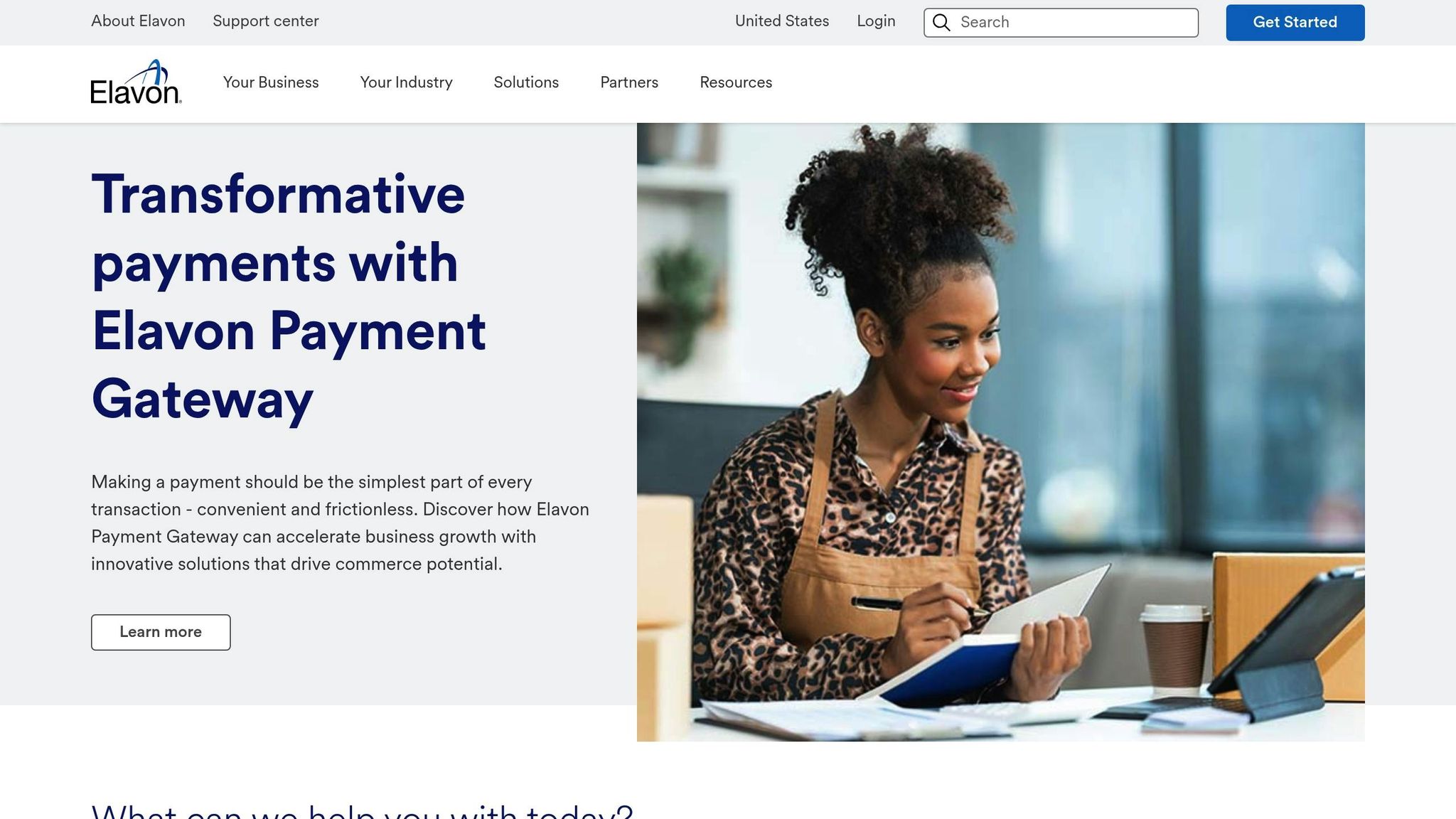
Elavon stands out with its robust multi-currency solutions, offering both Multi-Currency Conversion (MCC) and Dynamic Currency Conversion (DCC) to accommodate a variety of payment needs.
Supported Currencies
Elavon's MCC solution allows merchants to display prices in over 100 currencies, making it a great fit for e-commerce, mail order, and phone-based transactions. For point-of-sale systems, the DCC option supports more than 66 global currencies. Both MCC and DCC are compatible with Visa® and Mastercard® cards, ensuring broad usability.
Geographically, Elavon operates across the Americas (including the United States, Canada, and Puerto Rico) and Europe, covering countries like Denmark, Germany, Ireland, Norway, Poland, Sweden, the United Kingdom, and Spain. Additionally, it provides a dedicated WooCommerce plugin for multi-currency transactions in these European markets. This flexibility meets a key consumer demand: 92% of shoppers prefer to see prices in their local currency, and 33% are likely to abandon a site if only a single currency is offered.
Fees and Pricing Models
Elavon's MCC solution maintains consistent interchange rates and fees, regardless of the currencies a merchant accepts. The platform uses Interchange Plus pricing, which ensures merchants access the lowest interchange rates without any hidden costs.
For general payment processing, Elavon offers transparent pricing with no annual fees, batch fees, additional authorization charges, or early termination penalties. In the UK and EU, gateway services come with a £25 monthly fee, and transaction fees start at 0.99% per transaction. In the U.S., in-person transaction rates begin at 2.60% + $0.10, while online transactions start at 2.90% + $0.30 per transaction.
Integration Options
Elavon's multi-currency solutions are designed to integrate smoothly with existing payment systems. The platform provides a dedicated WooCommerce plugin for European markets, enabling seamless MCC and DCC functionality for remote transactions like e-commerce, mail orders, and phone orders. These integration capabilities make it easier for businesses to manage global payments efficiently and effectively.
Pros and Cons
Every multi-currency payment gateway comes with its own set of advantages and drawbacks, which can directly influence your business operations. Understanding these trade-offs is key to selecting the right solution for your needs. Here's a quick look at the strengths and weaknesses of some popular options, focusing on features like currency conversion, transaction fees, and integration capabilities - key elements of any global payment strategy.
Stripe stands out for its developer-friendly tools, offering detailed API documentation and a wide range of integration options. However, these perks come at a cost - higher transaction fees for international payments. On the plus side, Stripe includes automatic currency conversion and advanced fraud protection.
PayPal benefits from widespread recognition and consumer trust, which can lead to smoother checkout experiences. That said, its fee structure can be steep for businesses handling high transaction volumes, and there's a risk of account holds.
Worldpay delivers enterprise-level infrastructure and supports a broad range of currencies, making it a solid option for large-scale businesses. However, smaller companies might find its pricing and setup process overly complex.
Airwallex appeals to cost-conscious businesses with competitive exchange rates and straightforward pricing. The downside? Being a newer provider, it may lack the extensive third-party integrations offered by more established players.
Elavon provides reliable multi-currency solutions with consistent interchange rates. However, its higher monthly fees and regional focus could pose challenges for businesses aiming for global scalability.
The right choice ultimately depends on factors like your business size, technical needs, and growth ambitions. Smaller businesses might lean toward Stripe or PayPal for their ease of use, while larger enterprises may prioritize Worldpay or Elavon for their robust infrastructure. Meanwhile, businesses focused on keeping costs low may find Airwallex’s competitive rates and transparency particularly appealing.
Conclusion
When selecting a payment gateway, it's essential to weigh the costs, features, and scalability against your business's specific needs. Different providers cater to varying stages of growth and operational requirements.
If you're an early-stage company looking for a developer-friendly solution with customizable payment flows, Stripe stands out for its seamless integration capabilities.
For established businesses handling high transaction volumes, PayPal might be a strong contender, thanks to its global brand recognition - assuming its fee structure aligns with your financial model.
Enterprises dealing with complex multi-currency transactions should explore options like Worldpay or Elavon, both of which are built to manage high-volume international payments.
On the other hand, startups operating on tighter budgets may find Airwallex appealing for its competitive pricing and straightforward fee structure.
The key is to align the strengths of the payment provider with your business's stage and goals. Consider factors like transaction volume, integration requirements, and your target markets to make an informed decision.
For a more detailed breakdown tailored to SaaS businesses, check out Choose a Payment Provider for Your SaaS.
FAQs
What should SaaS businesses look for in a multi-currency payment gateway to support international growth?
When choosing a multi-currency payment gateway to support international growth, SaaS businesses should zero in on features that simplify global transactions. Start with currency coverage - the gateway should support the currencies used in your target markets. Equally important is local card acquiring, which can help improve authorization rates and cut down on chargebacks.
You’ll also want to look for transparent currency conversion options, ideally with the ability to lock in rates for predictability. Add to that predictable settlement times in your preferred currency to streamline financial operations. Don’t overlook security features, like fraud prevention tools, which are crucial for protecting your business and customers. Finally, offering multiple payment methods can lead to higher conversion rates and a smoother experience for your customers.
How do exchange rates and transaction fees affect the cost of using a multi-currency payment gateway?
Exchange rates and transaction fees significantly impact the overall cost of using a multi-currency payment gateway. Since these charges can differ greatly between providers, it's important to examine them closely before making a decision.
Focus on payment gateways that provide fair exchange rates and clear fee structures to steer clear of unexpected charges. Even minor variations in rates or fees can accumulate over time, particularly for businesses managing a large number of international transactions. Selecting the right gateway can help keep costs in check and protect your bottom line.
What key factors should SaaS businesses consider when choosing a multi-currency payment gateway?
When choosing a multi-currency payment gateway for your SaaS business, there are a few key factors to keep in mind: integration, compliance, and security. First, make sure the gateway supports all the currencies your target markets use and has the capacity to grow alongside your business as it expands internationally. Seamless integration with your current platform, CRM, and other essential tools is crucial for smooth day-to-day operations.
It's also important to select a gateway that adheres to global regulations like GDPR and PCI DSS, along with any specific legal requirements in the countries you're operating in. On top of that, strong security features - like fraud detection tools and data encryption - are non-negotiable. These measures not only safeguard sensitive customer data but also help establish trust with your audience.
